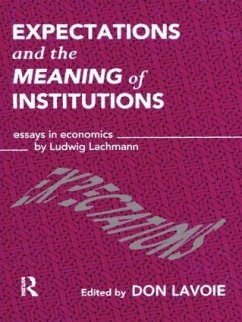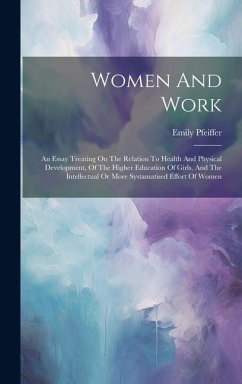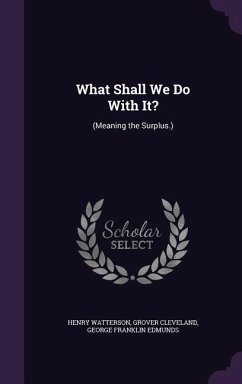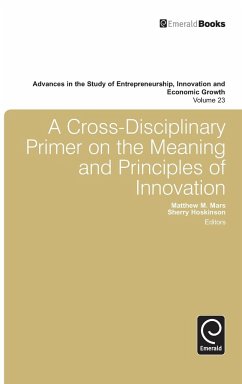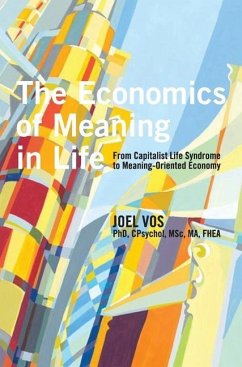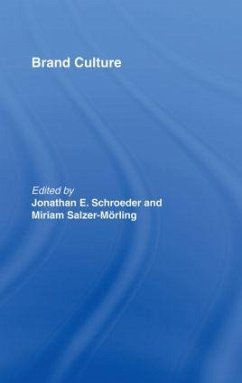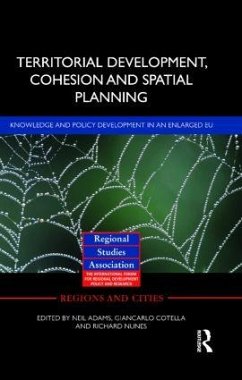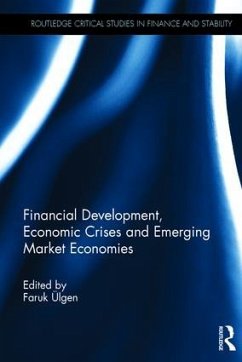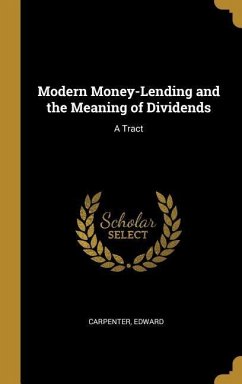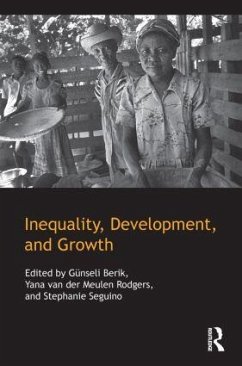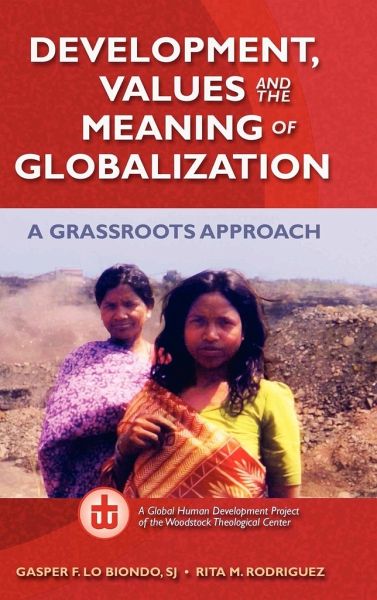
Development, Values, and the Meaning of Globalization
A Grassroots Approach
Versandkostenfrei!
Versandfertig in 1-2 Wochen
32,99 €
inkl. MwSt.

PAYBACK Punkte
16 °P sammeln!
Can one envision economic growth that is also sustainable because it takes into account the cultural, moral and religious values of those intended to benefit from economic development? To explore this question, the Woodstock Theological Center launched a collaborative research effort involving 40 Jesuit centers around the world, taking as its "raw material" the stories of specific, mostly poor, individuals and their communities as they were touched by economic globalization. Focusing on decisions made by the individuals as they encountered the forces of the global economy, the authors discern ...
Can one envision economic growth that is also sustainable because it takes into account the cultural, moral and religious values of those intended to benefit from economic development? To explore this question, the Woodstock Theological Center launched a collaborative research effort involving 40 Jesuit centers around the world, taking as its "raw material" the stories of specific, mostly poor, individuals and their communities as they were touched by economic globalization. Focusing on decisions made by the individuals as they encountered the forces of the global economy, the authors discern the values and creativity that guided these decisions and derive implications for development policy. The book's methodology draws on the Jesuit approach to discernment that stresses the ethical responsibility of all development actors. It envisions communities partnering with other development agents, such as government, business, and NGO's, based on a better understanding of the values that drive decisions.



